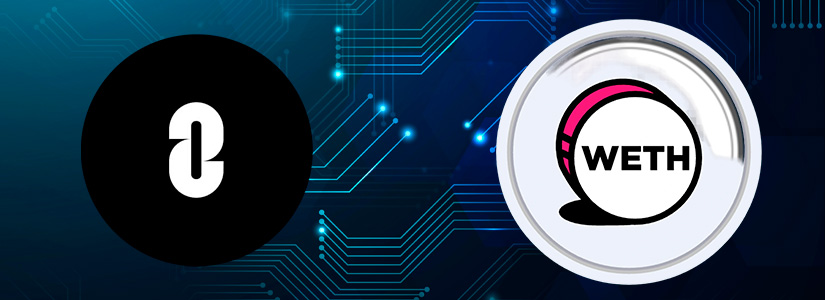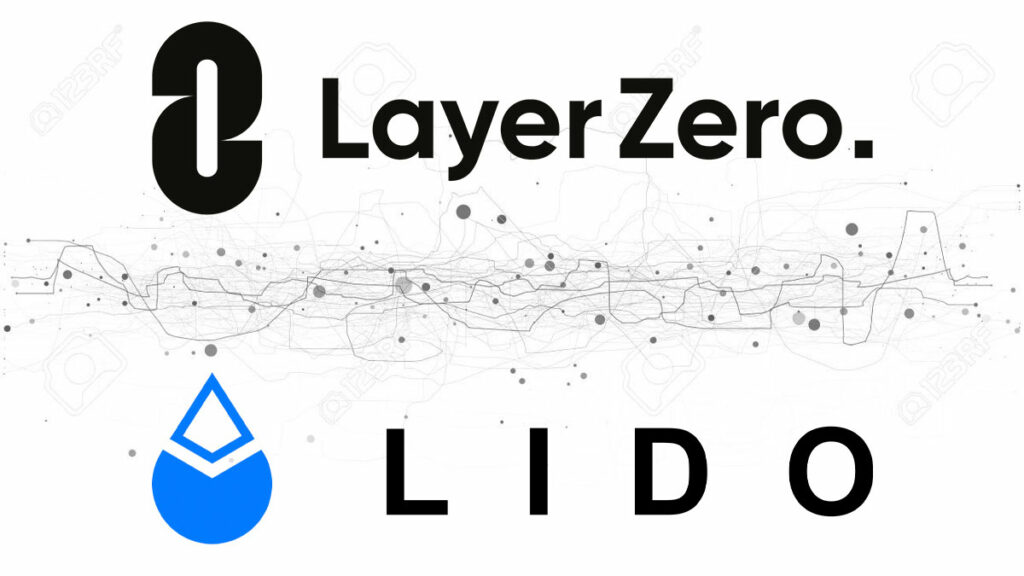Lido DAO, a decentralized autonomous organization that offers staking services for Ethereum, is facing criticism from some of its members over a bridge token that was deployed without its approval. The bridge token, called omnichain fungible token (OFT), was created by LayerZero, a cross-chain interoperability platform.
It allows users to move Lido’s wrapped staked ether (wstETH) token between Ethereum, Avalanche, BNB, and Scroll. wstETH is a token that represents staked ether in Lido’s smart contracts and has a market capitalization of $5.5 billion.
Crypto Community Divided Due to LayerZero’s Decision
LayerZero announced its OFT on October 26, 2023, in a blog post and a tweet that was co-signed by Avalanche and BNB Chain. The announcement claimed that the OFT was “the first-ever cross-chain bridge for wstETH” and that it had “full support from Lido DAO”.
A bridge has been deployed to bring wstETH to Avalanche, BNB and Scroll, facilitated by @LayerZero_Labs.
Please note this bridge is not canonical and has not been audited or endorsed by the Lido DAO.
Please exercise extreme caution if you choose to interact with the bridge.
— Lido (@LidoFinance) October 26, 2023
However, LayerZero did not wait for Lido DAO’s permission before launching its OFT. It also did not submit its code for audit or security review by Lido DAO. LayerZero posted a proposal on Lido DAO’s forum on the same day as the announcement, asking for the DAO’s endorsement of its product.

The proposal was met with immediate skepticism and disapproval by some Lido DAO members, who felt that LayerZero was trying to pressure the DAO into accepting its proposal. They also expressed concerns about the security and quality of the OFT, as well as the potential legal and reputational risks for Lido DAO.
Hart Lambur, a Lido seed investor, said that the announcement gave a false impression of Lido’s approval and involvement. He said that LayerZero and BNB Chain were using their marketing power to attract users to an unaudited and unverified product.
Lambur said that Lido DAO had no real recourse other than a potential lawsuit to stop LayerZero from deploying its OFT as Lido-approved. He said that the worst-case scenario would be an exploit or a bug in the OFT that would cause panic and chaos among wstETH holders.
The incident with LayerZero has exposed some of the challenges and limitations of DAO governance, especially when dealing with external parties and products. It also raises questions about how Lido DAO can protect its brand and reputation from unauthorized or malicious use.










